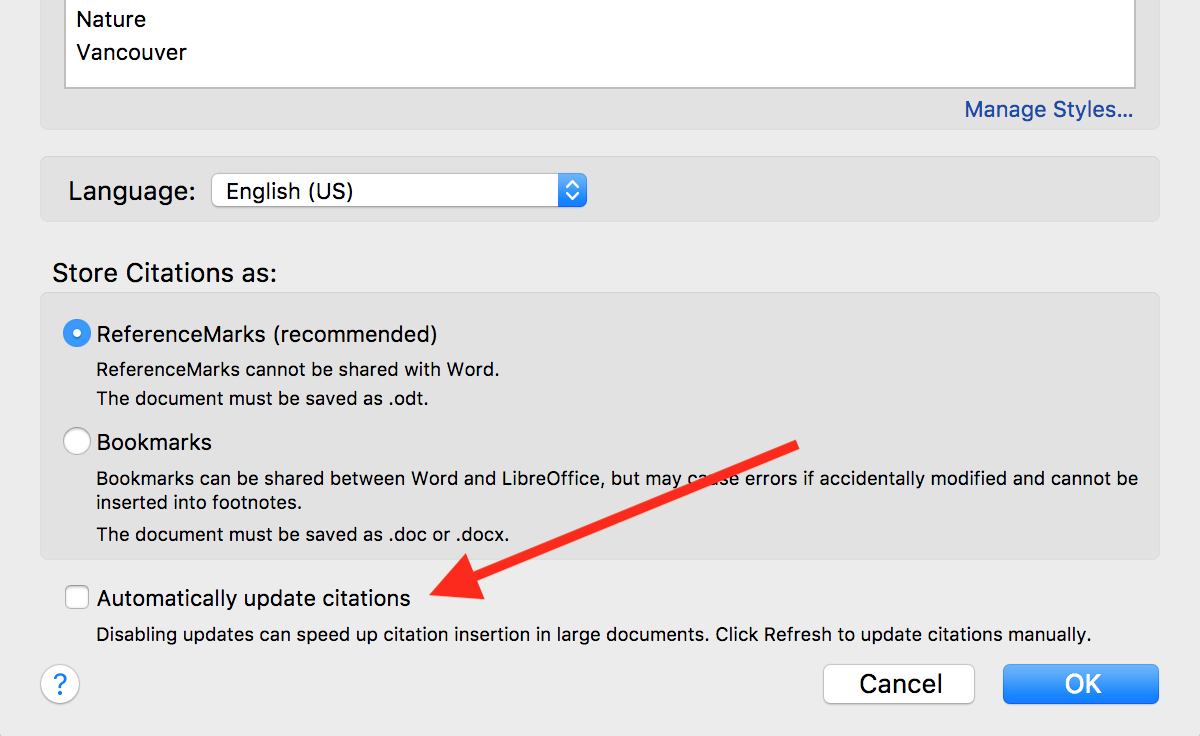

For any Zotero item, type in your reading notes or tags, or sort into hierarchical folders (called collections) by topic. In Zotero Standalone, right-click to save current pageĪlso, you may manually enter Zotero entries for items not available on the web. Or point your class to my video tutorial, which appears at the bottom of this page.

If you’re an educator for students doing long-form expository writing, consider designing your own quick demo to show in class. In my three-minute presentation I briefly demonstrate basic ways to use Zotero, such as capturing sources from the web and citing them in the preferred format of your academic field (such as Chicago-style endnotes in history, or APA or MLA in-line citations and bibliographies in the social sciences and literature fields). And in case you missed this, let me repeat that it’s free. Many people describe Zotero as “iTunes for your books and articles.” But it does much more. While there are several applications on the market, my favorite is Zotero, a freely downloadable and open-source application from the Center for History and New Media at George Mason University. This demo is relevant to anyone working on long-form expository writing with source citations, including undergraduates, graduate students, and faculty. Incorporating a bibliographic management tool into your workflow may improve the quality of your scholarship, or at minimum, preserve your sanity.
#How do i insert my references using zotero in word how to
To address this problem, I’ve blended a three-minute visual demonstration on why and how to use a bibliographic management tool into my broader presentations on the research-to-writing process. This mismatch between the high value we place on writing, and the limited ways we teach about the process, never ceases to amaze me. Why not? Probably because it’s still uncommon for scholars to openly teach, share, and learn ways of composing our written works, despite the fact that it’s the primary way we evaluate the quality of our students and faculty. And when I talk further with the half who use these tools, many confide that they still don’t fully understand how to effectively utilize them. Every time I teach a class or give a guest lecture about the research-to-writing process, I pose this question: Do you currently use a bibliography management tool to keep track of books and articles you’ve read, so that you can easily cite them in your writing? While of my undergraduates have never used these tools, I continue to be surprised by gatherings of graduate students in reading-intensive fields, such as history, where only half of the audience raise their hands.


 0 kommentar(er)
0 kommentar(er)
